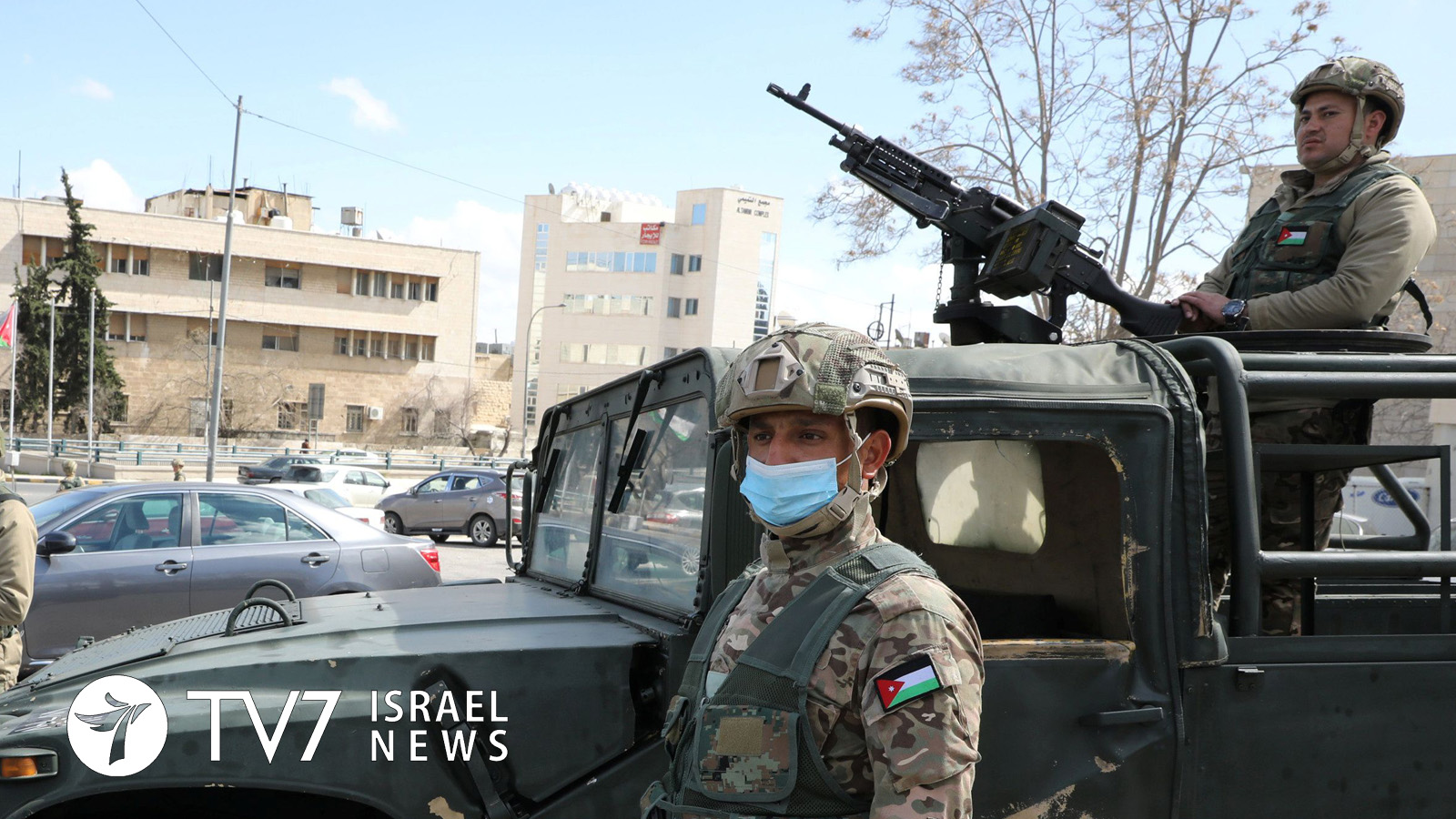Jordanian King Abdullah II has approved a national defense law that gives the government sweeping powers to enforce a state of emergency in response to the coronavirus pandemic. The royal decree enabled Prime Minister Omar al-Razzaz to impose curfews, close businesses and place restrictions on freedom of movement of the public.
According to the legislation, which has traditionally been enacted in times of war and disasters, “The health of Jordanians is sacred and comes above anything else.”
The armed forces have been deployed at the entrances and exits of major cities in the Hashemite Kingdom to ensure compliance with a series of government decrees to restrict movement. Jordanians have been instructed to remain in their homes apart from emergencies, and all travel between the country’s provinces has been banned. Gatherings of more than 10 people in one place is also forbidden.
Government spokesperson Amjad al-Adaileh announced that, starting today, all public and private institutions will be shuttered with the exception of those in vital sectors, such as pharmacies, grocery shops and bakeries. All universities and schools, as well as tourist sites, sports events and cinemas have been closed. Public transportation has been stopped and even newspapers are not being published “as they contribute to the transfer of infection.”
Citizens rushed to buy essential household items before the state of emergency went into effect, emptying the shelves of staples including bread and rice.
The measures are to remain in effect for at least 2 weeks.
All land and sea border crossings with Israel, Syria, Iraq, Egypt and the Palestinian territories have been sealed, and all incoming and outgoing flights have been suspended. Only cargo flights and commercial overland shipments will be allowed in and out of the country.
Jordan is believed to have 48 confirmed COVID-19 cases, and so no reported fatalities so far.
Thousands of Jordanians who recently returned from abroad were quarantined in hotels around the country. One man who had flown in from Yemen said these measures were strict but understandable. Nader Qahoush told Reuters that, “The decisions in such situations must be wise and strict at the same time. The purpose of these measures is to protect the citizen, and stability and security of the country. This is what the official agencies, represented by the Jordanian armed forces and the government side by side did. I warmly thank all of them.” Qahoush said that a team from the Jordanian Health Ministry visited him in his room to check if he suffered any symptoms of the coronavirus, and described his accommodations as “5-star.”
